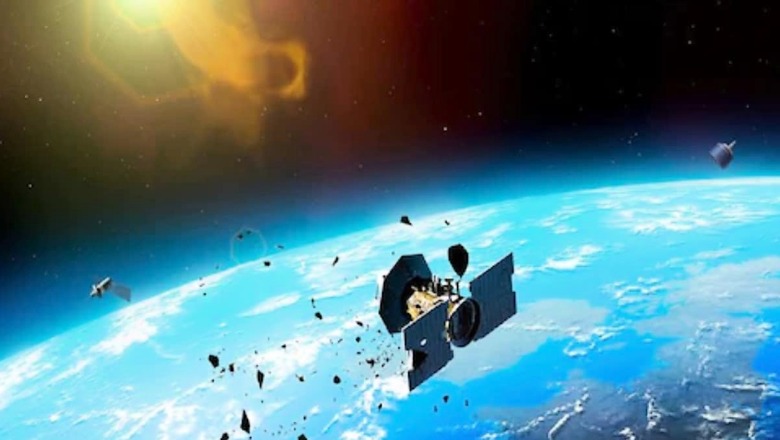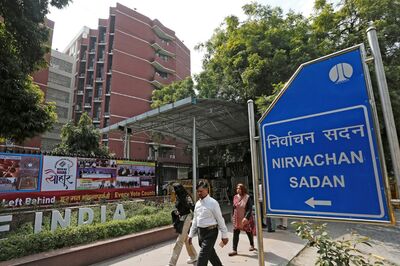
views
The ever-expanding space industry, cutting across countries, has increased the number of satellites as well as their debris in space. With countries trying to connect the world with the fastest broadband, the number of satellites in low earth orbit has increased drastically. Dr Imogen Napper, one of Britain’s top scientists with other fellow scientists, has revealed that presently, low earth orbit has 9000 satellites, and the number could exceed 60,000 by 2030.
Writing in the Science journal, Dr Napper asked governments for a legally-binding treaty to restrict the number of satellites launched into low-Earth orbit. The research also revealed that there are more than 100 Trillion untracked pieces of old satellites circling the planet. Dr Napper, a researcher at the University of Plymouth, has stressed removing space debris from space. The report published in the Science Journal explained the phenomenon using a science fiction movie. He said small hazardous space debris has the potential to create a mishap in space by colliding with satellites.
The tendency towards using low Earth orbit (LEO) satellite networks to deliver broadband internet access is one of the main reasons for the current and upcoming increase in satellites. OneWeb has about 550 satellites, while SpaceX presently has over 3,500 in its Starlink constellation, with an initial goal of 12,000 satellites. 3,236 spacecraft are planned as part of Amazon’s Project Kuiper, with the first two test satellites set to launch this year.
The success that has been made in cleaning up the oceans so far, or at least the nations’ agreement to attempt, gives the researchers hope for space. At the United Nations Environment Assembly in March 2022, world leaders from 170 countries ratified a global plastics treaty in an effort to stop further dumping of plastics into the oceans and remove what is already there. On a more comprehensive Global Plastics Treaty, additional discussions are already underway.
The authors argue that similar action should be taken right away to put into effect agreements that hold government and commercial space launch companies accountable for reducing the amount of debris their launches produce, deorbiting satellites when their operational lives are up, and creating technologies to clean up at least some of the 100 trillion-strong swarm of trash.
Read all the Latest Buzz News here




















Comments
0 comment